The war in Ukraine has had a negative influence on Romanian agriculture, with implications that cannot yet be quantified, and farmers are currently in an extremely delicate situation, "with full warehouses and empty bank accounts," according to Romanian Minister of Agriculture and Rural Development Petre Daea.
"The war in Ukraine has had a negative influence, and its implications cannot yet be quantified knowing that the conflict is not over. We say that it has had a negative influence given the fact that Romanian farmers, in a difficult year, got their crops that they had to make a profit out of, either domestically or abroad, because a new agricultural year is buttressed on the results of the previous year. Corn crops are started on money won for past crops. But now, the farmers are in an extremely delicate situation, with full warehouses and empty bank accounts. Full warehouses because they could not capitalise on their grain largely because of the situation in Ukraine. They could not capitalise on their crops abroad, on the usual trade routes, or domestically, as the consumers of cereals in Romania, having the alternative of buying cereals from Ukraine at lower prices, obviously turned to such offer, which has deeply disrupted the market for cereals and oilseed crops," Daea said in a statement to AGERPRES regarding the economic impact of the war in Ukraine one year in.
Daea said that analyses so far indicate that Romania has become a net importer from a net exporter of cereals and oilseed crops, which is completely unfavourable to the financial comfort that Romanian farmers should have, told Agerpres.
"Almost three million tonnes of cereals and oilseed crops have so far entered Romania through the border points with Ukraine and Moldova. Although we got lower yields of wheat than in previous years due to the drought, Romania so far could only export 2 million tonnes out of 4-5 million tonnes of the quantity available for exportation. If you don't sell, you have nowhere else to get money, and the bank takes you out of the creditworthiness calculations. We are in a delicate situation," said Daea.
Daea also said that all agricultural farming, regardless of branch, was directly or indirectly affected by this conflict.
"When farmers encounter blockages, it cannot be a favourable situation for the farms that process those products, nor can it be a comfort for consumers. All farming and not only has been disrupted by this conflict that it is not over yet, and from this point of view worries are increasing," he mentioned.
* Romania, along with five other member states, requests "immediate support" from the European Commission
Given the context, Daea, supported by his counterparts from Bulgaria, the Czech Republic, Hungary, Poland and Slovakia, requested "immediate support" at the Council of Ministers meeting in Brussels in January, 2023 so that agricultural farming may continue.
"In a few days, we have to sow the spring crops in the field. There are almost 5 million hectares, but sowing takes money. Diesel fuel is not free, fertilisers are not free, and neither are seeds. After our requests to the Council of Ministers, through the word of the commissioner, we were assured that forms of support would be provided for the countries that were particularly affected, and Romania is the most affected of all the countries in the vicinity of the conflict," the agriculture minister explained.
Daea mentioned that all the requested data were sent to the European Commission, estimating that a decision could be taken next month before another meeting of the Council of Ministers.
"We have provided the European Commission with all the requested data, and now we are waiting for answers. We are waiting to see what the total amount will be and how it will be distributed to the countries that are in such a situation. Romania needs as much as possible. I cannot reckon now how much the amount should be, but losses are great and felt by every farmer and especially by those who did not get to use their production. They are the first affected. I hope that before the Council of Ministers convenes next month we have a decision in this regard," he pointed out.
* The conflict in Ukraine did not create any opportunity for Romanian agriculture
According to Daea, the conflict in Ukraine has so far not created any opportunity for the Romanian agriculture or farmers.
"So far, we have not had any opportunity that we can highlight and that would have brought us any benefit. The demand has not changed, and the offer, unfortunately, could not be met due to the blockage. At this time, there is no opportunity for Romania as far as agriculture goes. The conflict has created many negative implications. This freedom to cross the border with grain without stating quality can bring further trouble, because you have no way of knowing what diseases, what pests accompany these products. Obviously, it is a discomfort that our farmers feel, considering that this control is missing from the Ukrainian side, and the prices are lower for the produce coming from Ukraine," the minister added.
The minister told the Romanian farmers that they "must resist" if the conflict in Ukraine is prolonged.
"(...) It is our duty, mission and desire to keep ourselves in this perimeter of state concern, to work Romania's land with all the possibilities we have, because food is no laughing matter. We have to secure our food. I have said it before and I repeat it every time: the war of empty stomachs is harder and more unpredictable than any other war, no matter what weapons and how long it lasts," said Daea.
* Romania is not at no risk for a food crisis
Asked if the current conflict can generate a food crisis in Romania, Daea answered: "No, absolutely not."
"Fortunately, Romania has everything it needs, it has natural conditions and it also has resources that it can capitalise on regardless of the situation that exists in the country or near the country. The moment I took over this office of ministerial responsibility I said very clearly that an important objective is the bases for the agricultural year 2022 - 2023 and that is why we must sow at least 2 million hectares under wheat, to secure bread for Romania, regardless of the weather conditions and regardless of the conditions that might spring up in Romania. And we have sowed over 2 million hectares under wheat," Daea concluded.

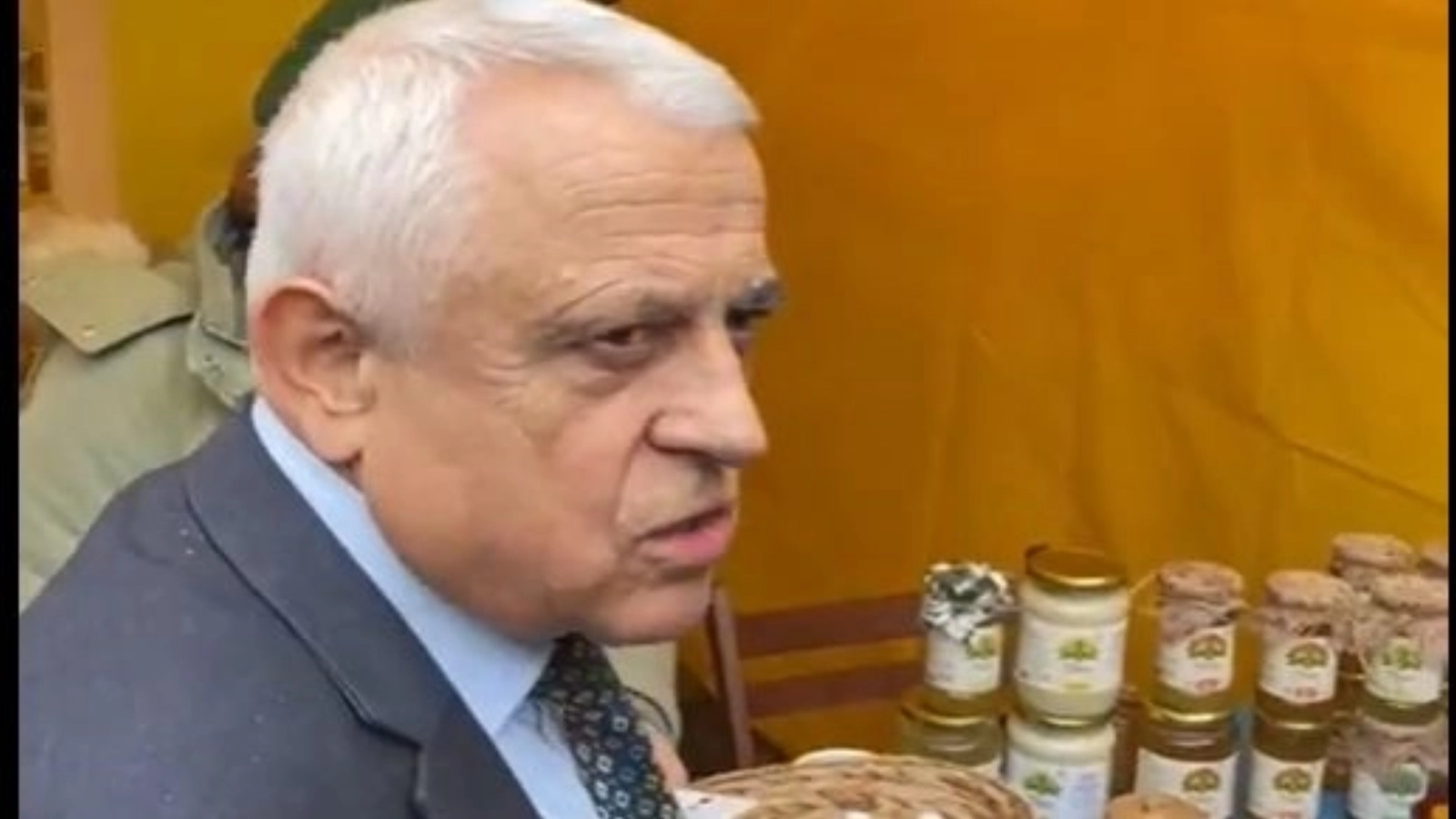
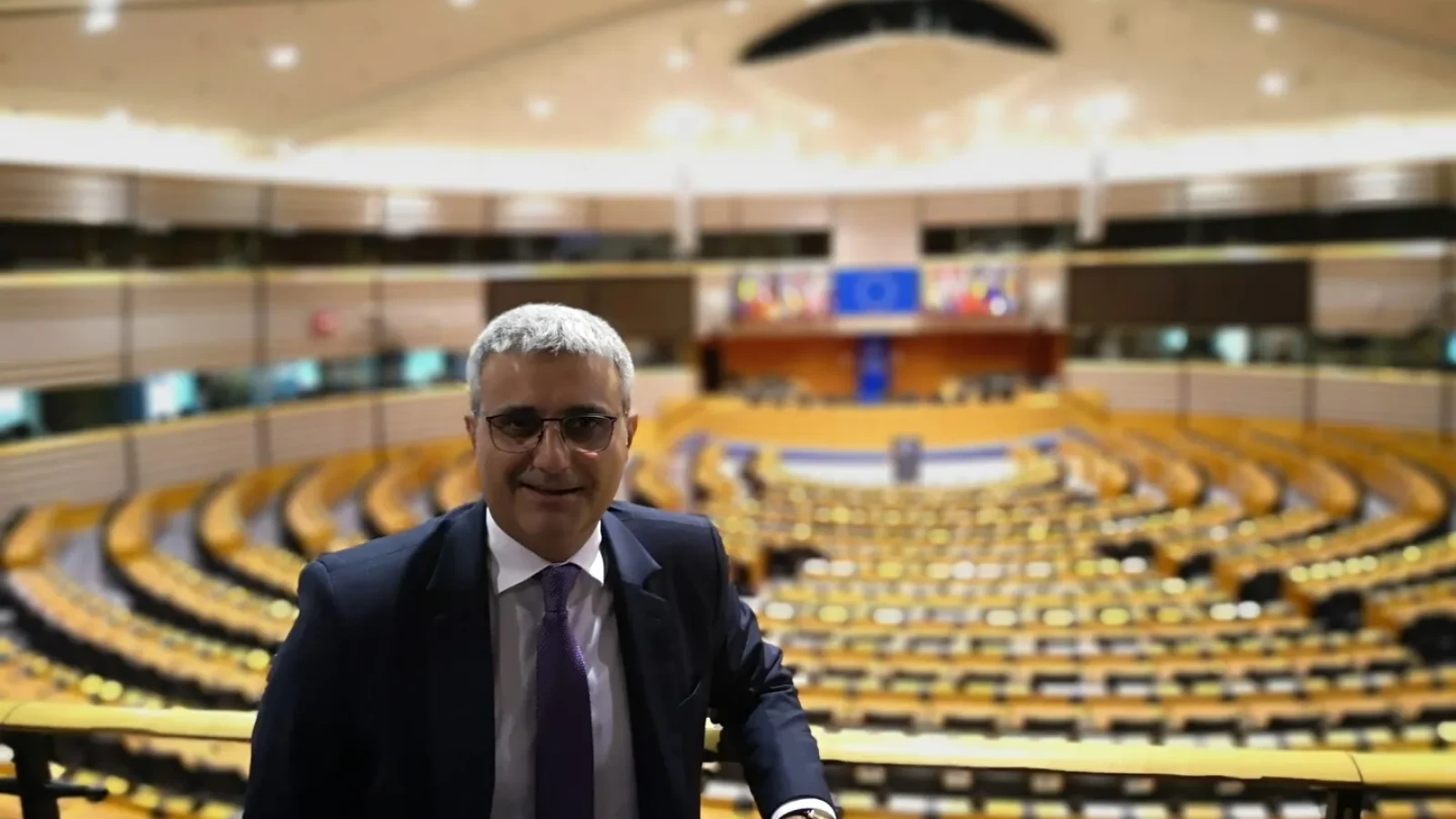

















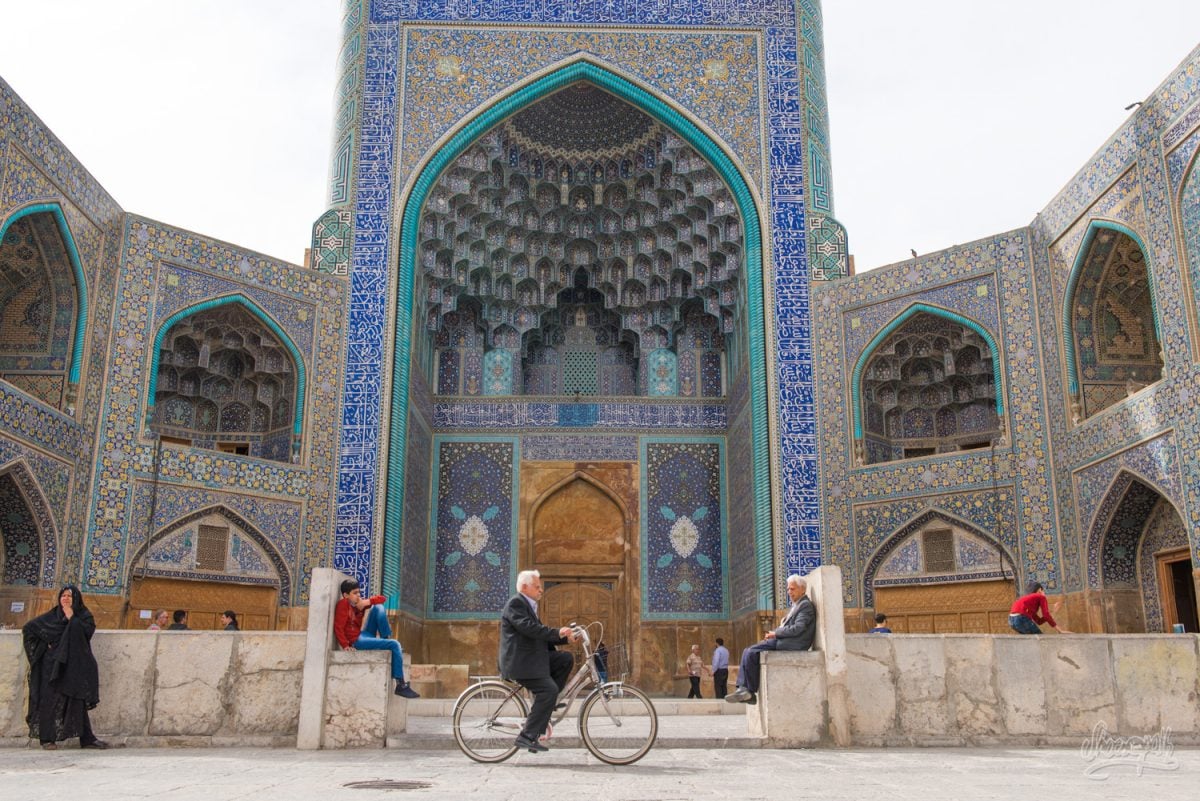
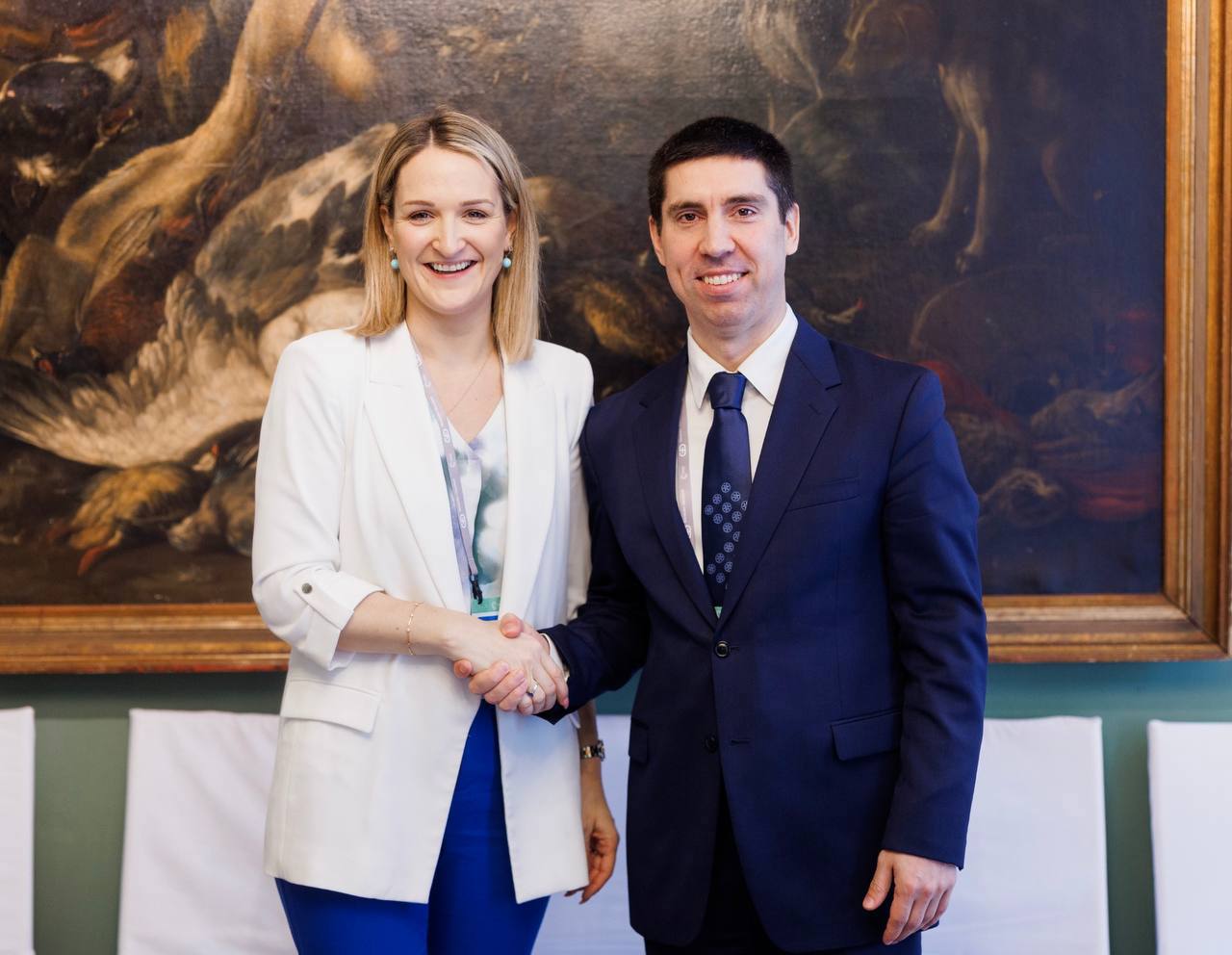

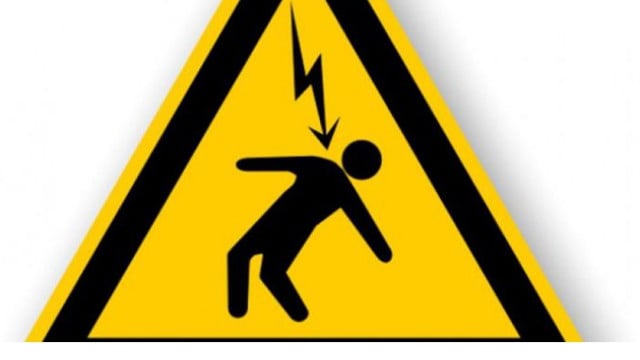








Comentează